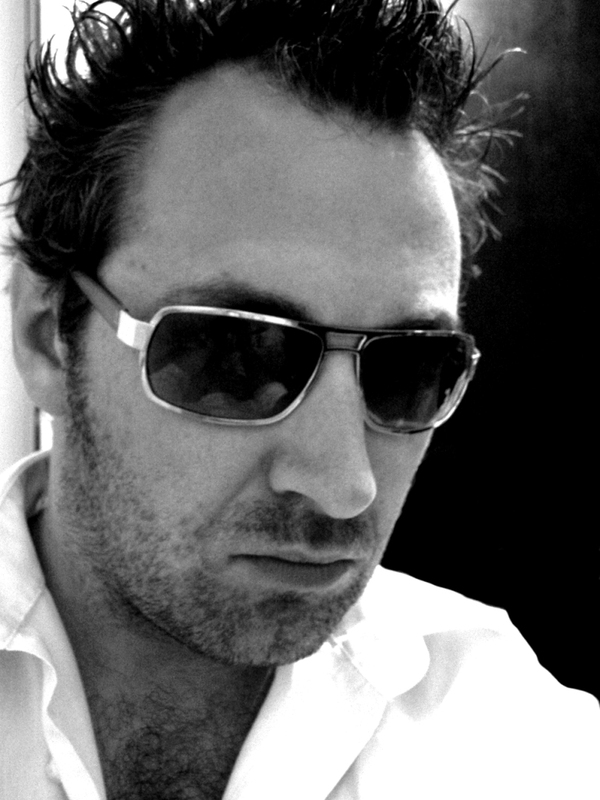Can Iraq meet its oil potential?The debate over whether the Iraq War was really all about oil may never be fully resolved in some minds, but one thing is clear – either way, Iraq has yet to really cash in. The country’s GDP may have risen several fold in the decade since the war began, yet its income per capita lags not only oil rich neighbors such as Kuwait and Saudi Arabia, but also relative economic minnows including Botswana, Turkmenistan and Albania. This is despite the fact that it sits upon the world’s fourth largest oil reserves and could double its production in the next few years.
The question, then, is will Iraq be able to meet its oil potential?
Iraq currently pumps around 3 million barrels per day (bpd), but the International Energy Agency recently suggested that it could in fact generate more than any other supplier if the major causes of uncertainty – governance, deteriorating infrastructure and insufficient water supplies – are overcome.
To surpass Russia and even Saudi Arabia, though, would require an about $530 billion investment in the country’s infrastructure, according to the IEA. But even if it is able to muster this level of investment from oil revenues, Baghdad faces some unique and potentially crippling political challenges as well, including tensions between the central government and the Kurdistan Regional Government (KRG) in northern Iraq.
The effects of disputes over oil contracts and infrastructure holdups, stifling its development, were underscored earlier this year, when the Kurds halted exports following a dispute with Baghdad over the KRG’s right to sign contracts and sell petroleum – exports through the Kirkuk pipeline tumbled from 325,800 bpd in December to 264,500 the following month.
The dispute between the two sides essentially revolves around Kurds demanding the right to sign oil contracts independently, while Baghdad’s oil ministry resists over fears of Kurdish autonomy. About 10 percent of Iraq’s oil is produced from Kurdish areas, and a hypothetical Kurdistan would be rich in resources. But the central government, sensitive to the perceived danger of secession, believes that any oil contract signed with the KRG without its approval is illegal.
globalpublicsquare
Human history becomes more and more a race between education and catastrophe. H. G. Wells.
Fatih Birol's motto: leave oil before it leaves us.



